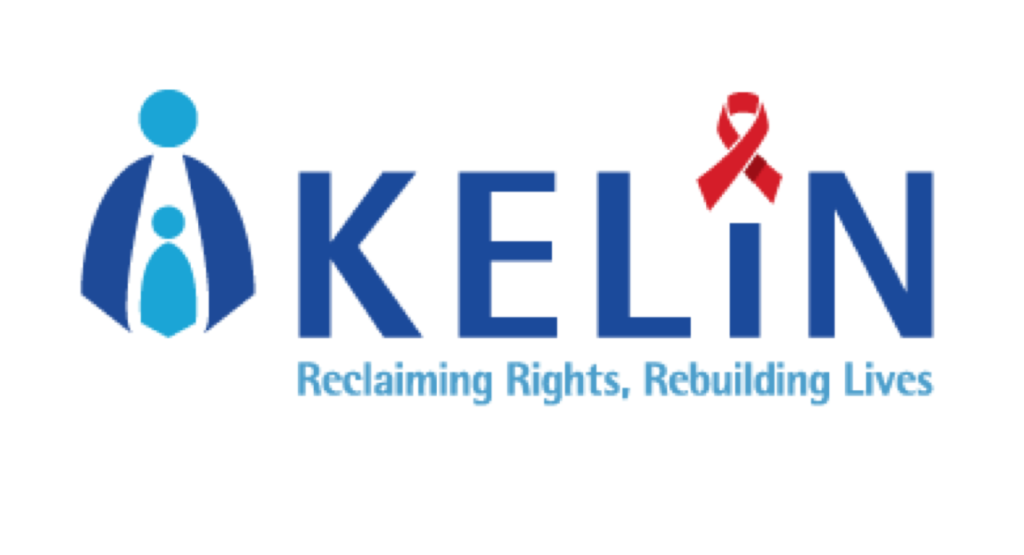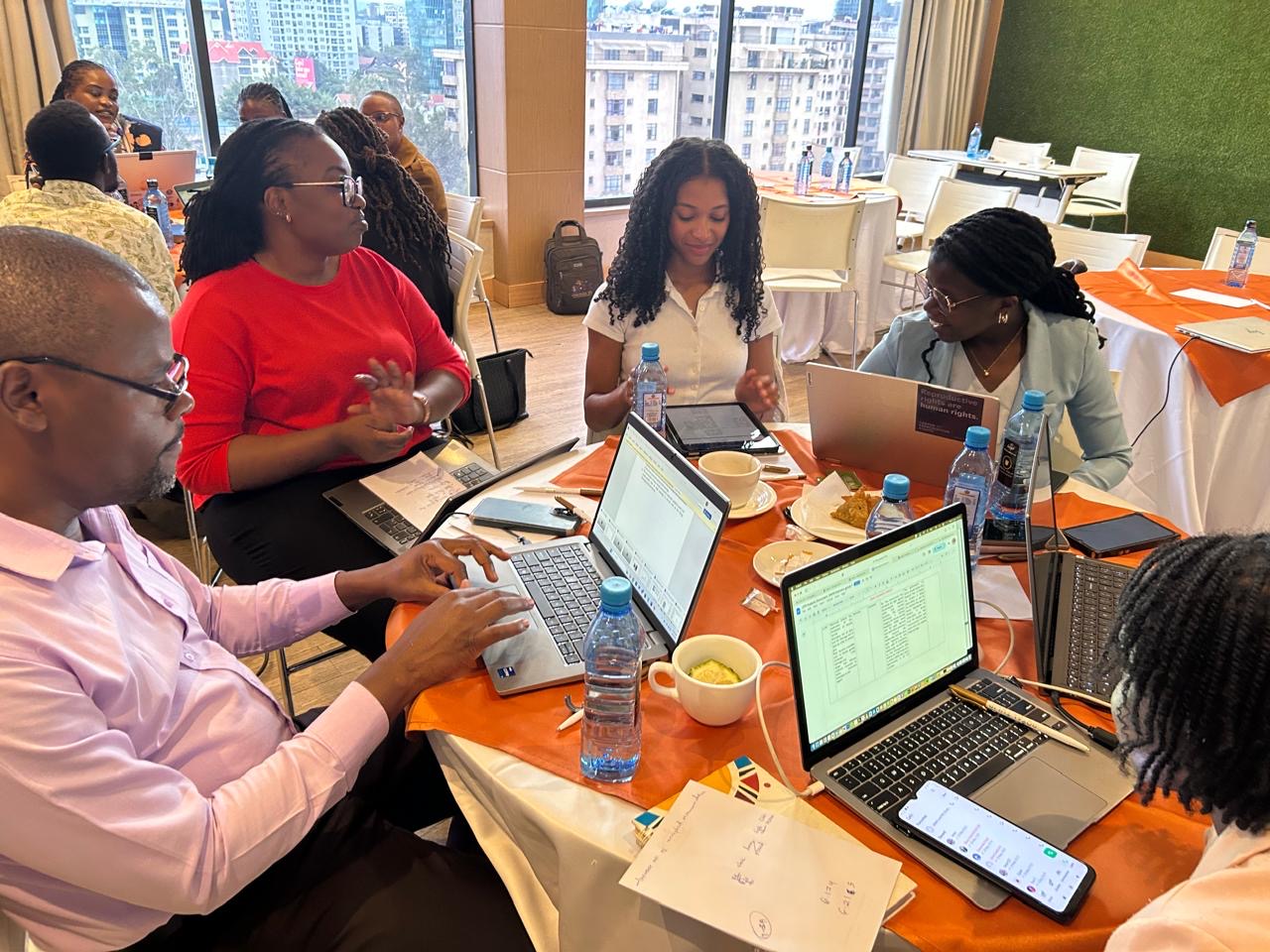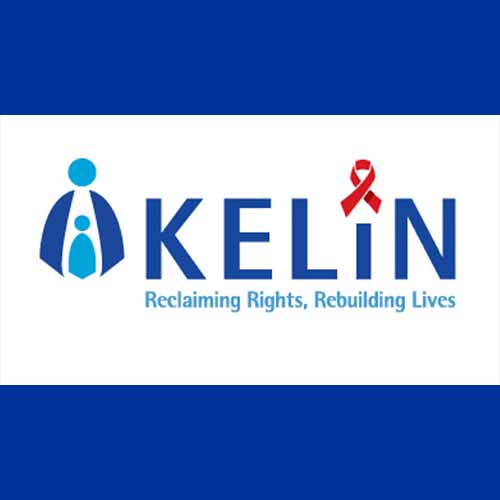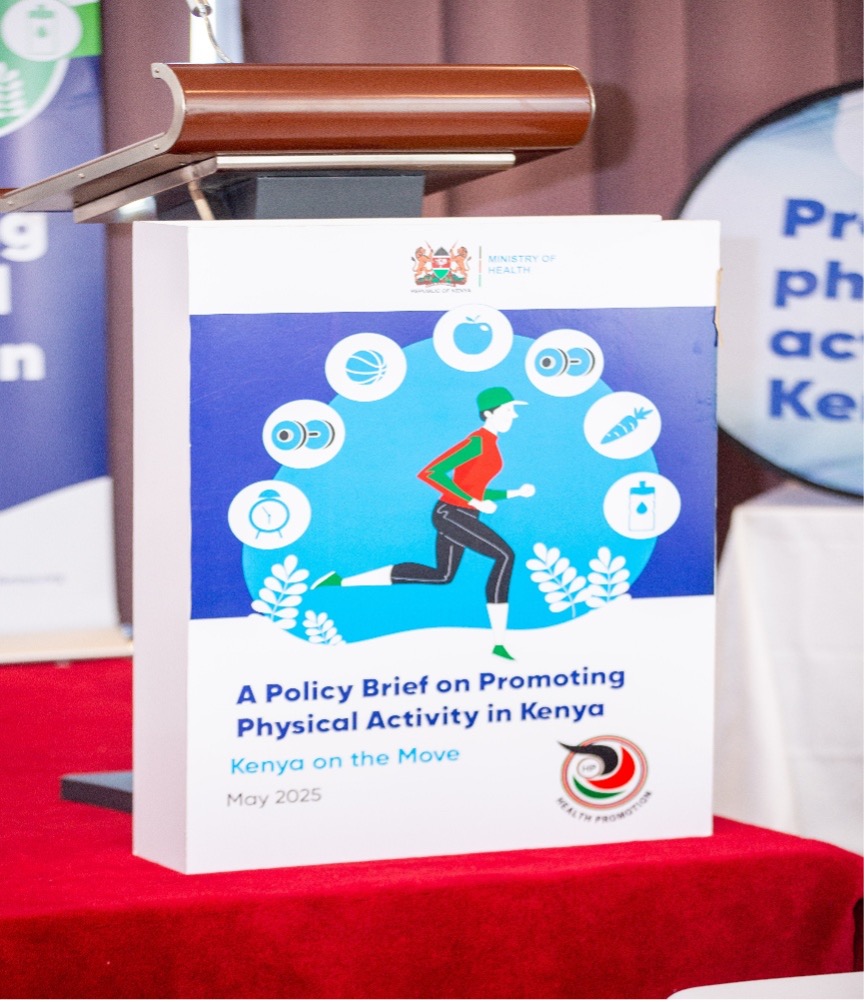On 29–30 May 2025, KELIN convened a two-day high-level multi-stakeholder dialogue in Nairobi, bringing together the United Nations Special Rapporteur on the Right to Health, Ms. Tlaleng Mofokeng, Members of the East African Legislative Assembly (EALA), and civil society organizations (CSOs). The dialogue focused on legal and policy frameworks affecting the realization of sexual and reproductive health and rights (SRHR) across the East African Community (EAC).
Confronting Regional SRHR Barriers
Despite progress in policy development, many EAC countries continue to face significant barriers to achieving SRHR. Harmful cultural practices persist, maternal and adolescent health outcomes remain poor, and many still lack access to affordable, quality healthcare. Weak enforcement of laws, underfunded health systems, and limited public access to accurate health information further entrench these challenges.
Dialogue for Change
The convening sought not only to spotlight these issues but to galvanize political will and legislative action. Participants engaged in open discussions on legal gaps, policy weaknesses, and systemic obstacles hindering SRHR realization.
KELIN’s Executive Director, Mr. Allan Maleche, emphasized the importance of collective action:
“We must rise above our differences and commit to progressive, inclusive policies that protect health and human rights across the region. This requires strong leadership and collaborative partnerships at all levels.”
In her keynote remarks, Hon. Amb. Ndangiza Fatuma powerfully affirmed:
“The EAC SRHR Bill is not just a document. It is a promise—that no woman should die giving life, no child should be forced into early marriage, and no one should be denied access to essential health services.”
Upholding Human Rights Standards
Ms. Tlaleng Mofokeng, the UN Special Rapporteur, presented on international human rights standards related to SRHR. She highlighted state obligations to ensure equal access to healthcare—including services provided by third parties—and to safeguard individuals’ access to accurate health information and services without discrimination.
EALA’s Commitments and Next Steps
Following the discussions, EALA members made several commitments to strengthen the legislative process around the EAC SRHR Bill, including:
- Engaging stakeholders during public participation
- Conducting stakeholder mapping to inform resource allocation
- Using cultural and religious framing to support the Bill
- Sensitizing MPs to prevent internal dissent
- Partnering with the East Africa Law Society for legal and situational analysis
- Performing a SWOT analysis of the Bill
- Developing a time-bound activity work plan within the current EALA tenure
KELIN’s Ongoing Role
KELIN reaffirms its commitment to advocating for SRHR at the county, national, regional, and global levels. We believe this dialogue marks a critical step toward improving the availability, accessibility, acceptability, and quality of SRHR services across the region.
To contribute to the discussions on this forum, follow KELIN on our website and social media platforms.
Website: www.kelinkenya.org
Facebook: http://www.facebook.com/kelinkenya
Twitter(X): @KELINKenya.
For more information please contact, Elsie Milimu,
Program Officer- SRHR, Kenya Legal & Ethical Issues Network on HIV/AIDS(KELIN),
Email: elsiemilimu@kelinkenya.org



